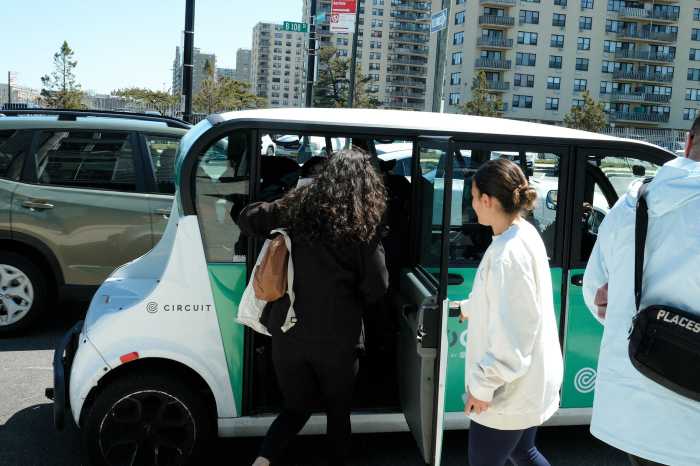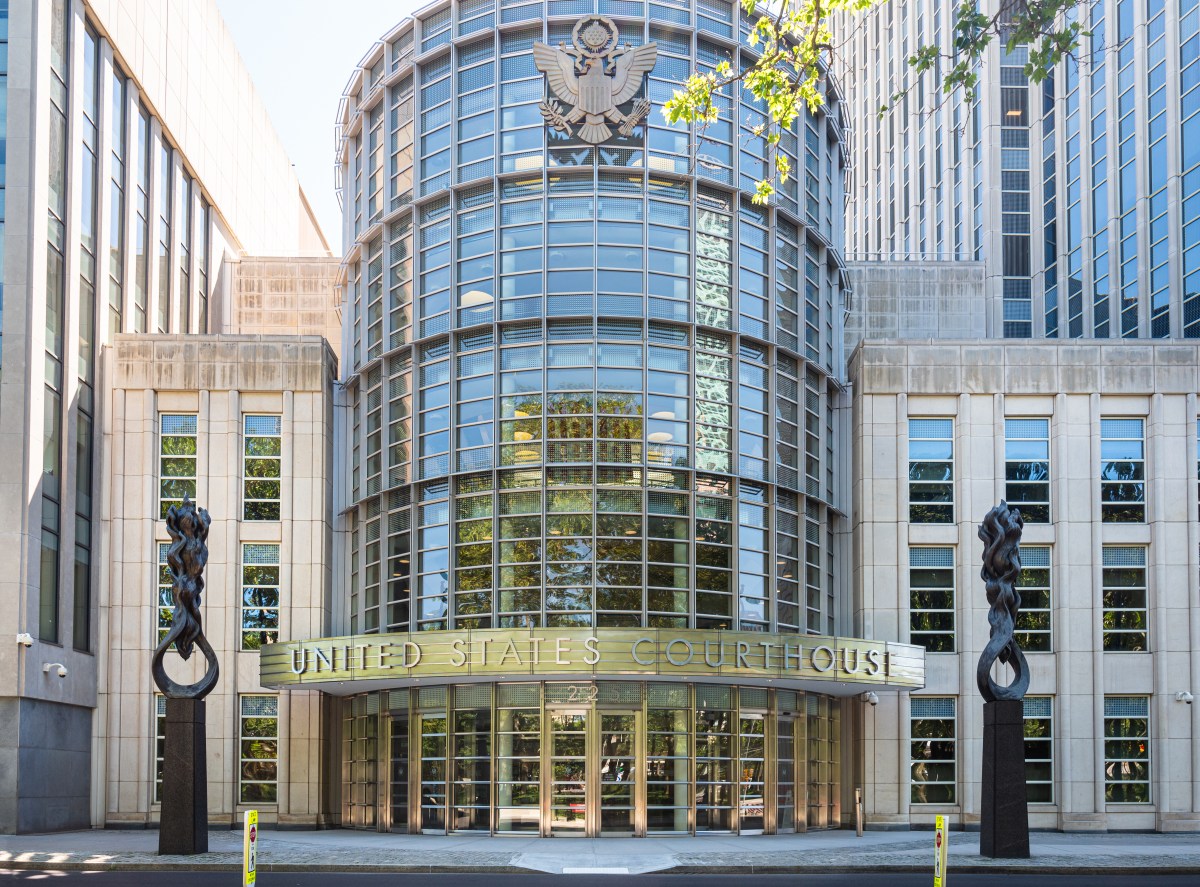By Mark Hallum
Officials who represent downtown Flushing, where the Sept. 18 bus crash killed three and injured 16, are looking for options to seal up loopholes that allowed a charter bus driver with a dangerous driving record behind the wheel.
One lawmaker zeroed in on what he described as an outdated state law which depends on charter bus companies to certify that their drivers are qualified.
State Assemblyman Ron Kim (D-Flushing) is calling on the state attorney general’s office and the DMV to crack down on charter bus companies and enforce stricter regulations than what are already in place.
Jeffrey Mong, 49, was at the controls of a Flushing-based Dahlia Travel & Tours bus when he slammed into a city bus making a right turn from Main Street onto Northern Boulevard, which sent the MTA 20 bus spinning. Both vehicles ended up on the sidewalk, causing substantial damage to Kennedy’s restaurant on the southeast corner of the intersection.
Mong was killed in the collision. Two years earlier he had been fired from the MTA after being convicted of DWI while driving a private vehicle. The state DMV was not notified by Dahlia that Mong was driving for them.
“The over-arching regulations are guided by federal law. However, in New York state we’ve had our own set of regulations that’s been in place since the 1970s,” said Kim, referring to Article 19-A of Vehicle and Traffic laws. “In layman’s terms, any for-profit bus company that’s in the business of transporting passengers is required by New York state law to make sure the drivers are fit to operate the bus, meaning they have go through a medical and criminal background checkup and a number of other things they need to comply by.”
Under Article 19-A, the state audits these companies and their drivers once every three years, Kim said. But he hopes these audits become an annual cycle for state agencies. Other components of the law, which Kim believes are not being upheld, are curb-side inspections by bus companies of their own vehicles.
“The problem is when they wrote this law is we didn’t have this many buses operating in our neighborhoods, so the law is pretty outdated,” Kim continued. “But the bigger problem I’m trying to fix is that it’s not the DMV actually certifying the drivers, it’s essentially a self-certification process that the bus companies are submitting to the DMV. So in the case of Dahlia, we don’t know if the company has misled the state by not submitting proper documents on their drivers or flat out lied about the river.”
He wants to part of this annual check to confirm that drivers are “Article 19-A certified” with a public display to show riders they are safe with that driver.
“If you’re riding one of these buses, there’s no way for the consumer to know if the driver has been properly vetted by the state of New York,” Kim said. “The only way they can see that is actually on the commercial driver’s license.”
Kim said the number of charter bus companies has increased with the growth of the Asian population in Flushing and the demand for transportation from the surrounding neighborhoods to and from casinos in both New Jersey and Connecticut.
“A lot of the casinos who retain the interstate buses are targeting a lot of predominantly, in my opinion, communities that have a majority of Asian-Americans,” said Kim, explaining that he knew of between six and eight casino companies that run about 12 trips a day.
U.S. Rep. Grace Meng (D-Flushing) said she is looking at the possibility of clarifying the federal laws in place to better regulate the industry.
“I remain deeply concerned about operators with poor safety histories and I am reviewing legislative possibilities with respect to unsafe drivers and operators,” Meng said. “I am concerned that current regulations are not clear enough as to who is or is not a safe operator.”
State Sen. Toby Stavisky (D-Flushing) has been briefed by the National Transportation Safety Board officials about the factors they currently know played a factor in the deadly accident on Northern Boulevard. Although the investigation is still ongoing, she is working with her legal counsel in Albany to close some of the same loopholes described by Kim.
According to Stavisky’s Chief-of-Staff Mike Favilla, they hope to end the system in which the initiative is on companies to provide driver and safety information to the state.
Dahlia Carrier Group has had seven traffic violations, according to a report from the Federal Motor Carrier Safety Administration, and at least one fatal accident prior to September 2015.
Another wreck Dahlia was involved in took place in 2016, when a bus carrying people to a casino in Connecticut went off the road and hit a steel guardrail in the middle of a snowstorm. A total of 36 passengers were injured.
Reach reporter Mark Hallum by e-mail at mhall
































